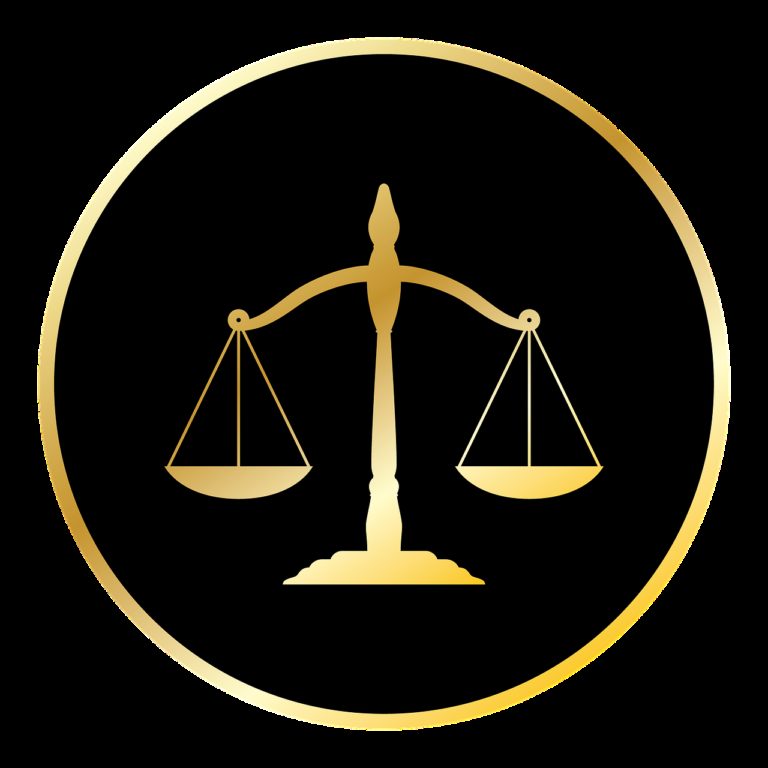BANKRUPTCY
Bankruptcy is a legal status for an individual who is unable to repay their debts over £5,000. This is generally seen as a last resort option when you are unable to negotiate payment plans, interest free period or indeed are unemployed, making an IVA (see later) not possible. By going bankrupt, all your unsecured debts are written off through your assets being shared among your creditors (i.e. the people you owe money to). It should be noted if you own assets less than £20,000 you may be able to obtain a Debt Relief Order (DRO). Debts not written off by your bankruptcy include secured creditors (i.e. the mortgage company) and non-provable debts such as student loans, court fines and maintenance payments.
You can be made bankrupt in three ways;
- You petition for your own bankruptcy
- Your creditors apply for your bankruptcy as you owe them at least £5,000
- An insolvency practitioner makes you bankrupt because you’ve broken the terms of your IVA


you can be made bankrupt if you owe
If an individual or company is petitioning for your bankruptcy, then they will have provided you with a statutory demand over the amount of £5,000 which they can pursue through bankruptcy petition, if it remains outstanding after 21 days. If they have subsequently applied for your bankruptcy at court, then you will be provided with a copy of the petition and a hearing date.
At the hearing you can ask the court not to make you bankrupt, however you will need to pay the debt, or prove that you don’t owe the money. The court may adjourn the petition if you are able to show the debt can be paid in a matter of days/weeks.
you can also petition for your own bankruptcy...
….This process can be done online, with an online fee of £680. You need to declare that you are unable to pay your debts over the amount of £5,000.
What happens when a bankruptcy order is made?
Initially the bankruptcy is handled by an Official Receiver (OR) who works for the Insolvency Service. They may also act as your Trustee if the case isn’t appointed to a private insolvency practitioner.
The OR will usually write to you within 2 weeks of the order explaining what you need to do, which includes an interview, whether that be by phone or in person. They may also provide you with a questionnaire which needs to be completed.
The Trustee will then realise any assets of yours, (except those needed to meet your reasonable domestic needs for yourself and your job). The realised assets can include your share of your house, jewellery and car, and depending on your income, you may be asked to make payment towards your debt for up to 3 years. You will however usually be able to keep your pension, providing excessive payments haven’t been made into it in recent years.
Your accounts may be frozen by your trustee, but they may release funds for any money you need urgently, i.e. to buy food and your partner’s share of a joint bank account.
WHAT YOU MUST DO IN BANKRUPTCY
You must attend the interview requested by the OR and indeed co-operate with both the OR and the subsequent Trustee. If you don’t, the bankruptcy may be extended longer than the prescribed 12 months.
Responsibilities in bankruptcy include;
- Provide information to the OR on your finances
- Give the OR a full list of your assets
- Inform the trustee about any rise in income during your bankruptcy
- Tell anyone who offers you a loan over £500 that you are bankrupt
WHAT CAN'T You DO IN BANKRUPTCY
- Act as a director of a company, without court permission
- Management of a business with a different name, without telling people you do business with, that you’re bankrupt
- Create, promote or manage a company without permission of the court
- Borrow more than £500 without telling the lender that you are bankrupt
If you are thinking about applying for your bankruptcy, it would be pragmatic to obtain specialist advice from either a debt specialist or an IP, to ensure you are fully aware of the ramifications following the order, as well as guiding you through any other potential options. Bankruptcy may appear on your credit report for six years, or indeed longer, if you are not discharged after more than 12 months, therefore you should ensure that it is the right option for you.

